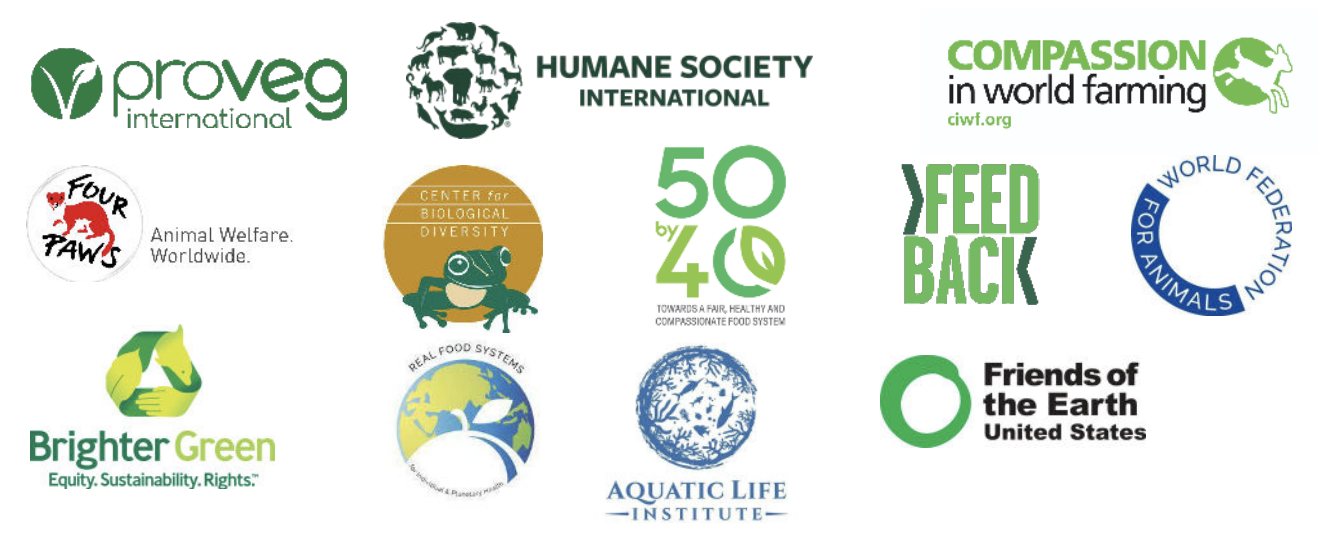
Brighter Green Participates in COP27 UN Climate Conference

Brighter Green was at COP27 in Sharm-el-Sheikh, Egypt. We weighed up whether to attend, given the host country’s terrible human rights record and severe limits on environmental activism. However, we decided it was important to be present to emphasize the connections among human rights, the climate crisis, the treatment of the nonhuman world, environmental sustainability, and the many problems associated with intensive animal agriculture.
As part of our agenda at COP, Brighter Green is a partner in the first ever Food4Climate Pavilion, which brought food system transformation and sustainable diets to the heart of COP27, mainstreaming a transition toward diverse and resilient food production and consumption systems. The Pavilion hosted programs focusing on proven climate change mitigation and adaptation solutions, including the shift towards plant-rich diets, adopting sustainable and resilient agricultural practices, and reducing food loss and waste.
Brighter Green co-hosted three panels at COP27, along with a number of partner organizations (see names below). First, was an official COP27 side event (available to watch on the UNFCCC’s side events YouTube):
- Friday November 11, 16:45–18:00 (EET) (Room Thutmose). Sustainable Diets: Fostering a Just Transition towards Resilient Food Systems. (Co-hosted with ProVeg International, Ministry of Environmental Protection Israel, the Good Food Institute (GFI), Compassion in World Farming, A Well-Fed World, and FAIRR). Watch online here.
And at the Food4Climate Pavilion, along with the Global Forest Coalition, we’re presenting these two panels (also available to watch live or on video on the Pavilion’s livestream):
- Friday November 11, 14:30–15:45 (EET). No More Omissions: Real Policy Action on Land Use, Animal Agriculture & GHGs—with a Focus on Methane. (Co-hosted with Global Forest Coalition.) Watch online here.
- Monday November 14, 12:30–13:45 (EET): Livestock and Feedcrops Impact Women and Communities: Achieving Climate and Gender Justice through Intersectional Policies and Programs. (Co-hosted with Global Forest Coalition.) Watch online here.

More Information
- Judy Muriithi, our colleague in Kenya, went on CNBC Africa to discuss the impacts of agriculture on climate change. She compares traditional animal farming in Kenya with factory farms, highlighting the increase in environmental impacts of industrial animal agriculture. Watch the interview here.
- Brighter Green joined World Animal Protection in calling on COP 27 to recognize the role small-scale farmers play in building climate-smart agriculture. Read the full statement here.
 Brighter Green
Brighter Green



